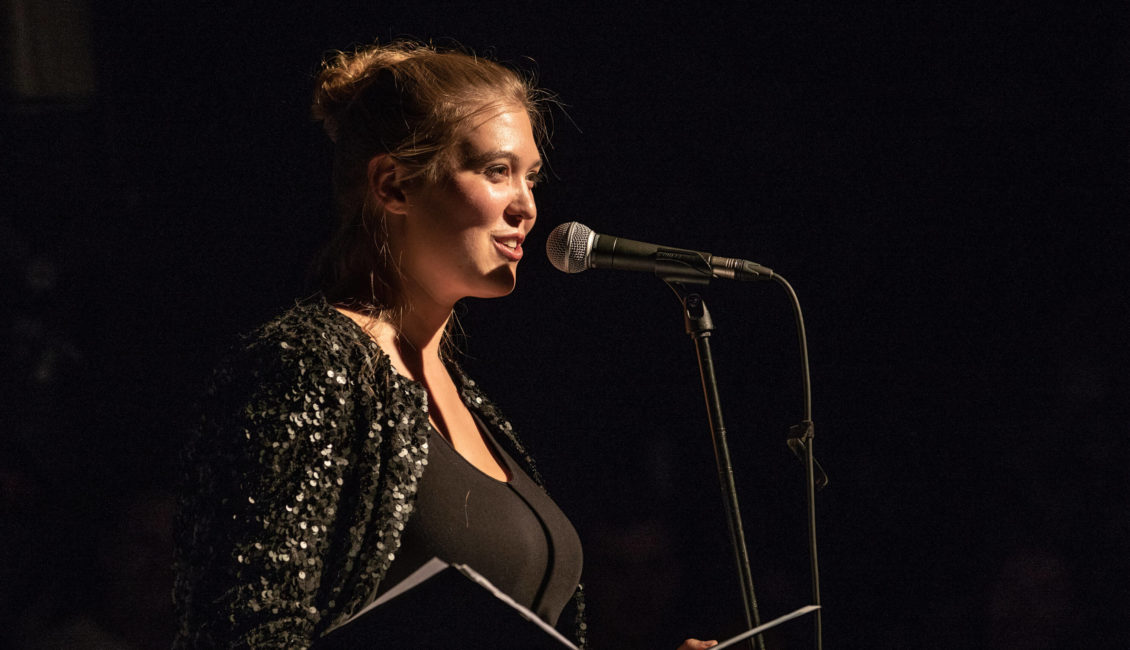
“You have to find an attitude to old texts”
The artist Fee is not only a great voice of the German poetry slam – she also studies classical singing in Berlin. For HIDALGO, she builds a bridge between high culture and subculture
HIDALGO: Fee, what does slam poetry have to do with classical songs?
Fee Brembeck: I see some parallels. Basically, slam poetry is the modern form of romantic poems set to music in the art song. It’s just that today much more is formally possible, we don’t pay so much attention to rhyme schemes. For us, it’s more about the content. But some of the topics are the same.
How do songs from the 19th century affect us today?
The topic of gender roles seems to have been incredibly important to people 200 years ago, the self-image of men, relationship issues. I’m interested in what has changed since then – and what has stayed the same. Dichterliebe”, for example, paints a much softer, more vulnerable picture of men than many of today’s magazines. And the fact that – as in “Frauenliebe und -leben” – a man writes a text from a woman’s point of view is still commonplace. This raises questions: Is this right? Can a man put himself in a woman’s shoes? And if so, how far can he go and at what point does it become presumptuous?

Some singers, especially female singers, refuse to perform “Frauenliebe und -leben” today. Not you, why?
When you have to deal with such old texts, you have to find an attitude towards them. One may be not to sing the songs. However, I myself do not find the image of women in this cycle incomplex. This loving, self-sacrificing woman, totally absorbed in her role as a mother and subordinate to her husband – as a feminist, I say: No way! At the same time, I can really empathize with it when I sing the cycle: the feeling of being in love, of adoring someone and giving in to their tenderness and feelings, that is of course topical. Regardless of gender.

Fee Brembeck is an award-winning slam poet, fights eloquently against sexism and co-developed the concept for SONG & SLAM.
Text:
Philipp Nowotny
– Photo: Maximilian Riemer, Sophie Wanninger
